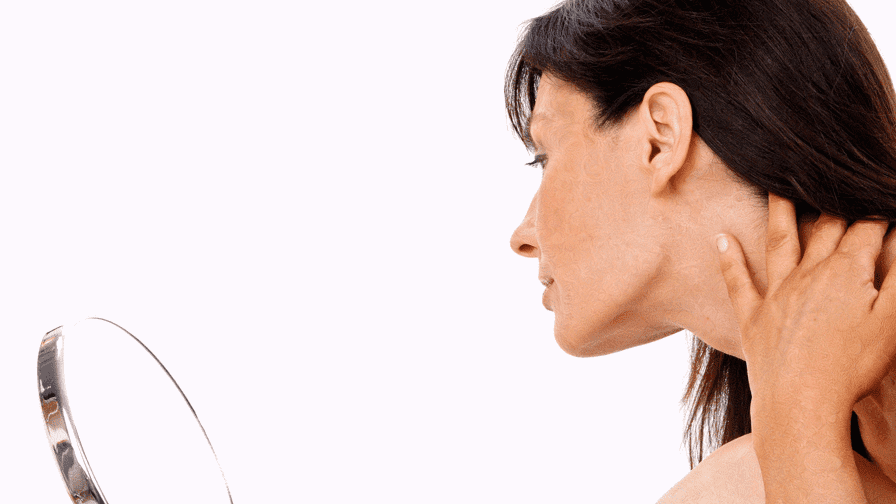A controversial beauty practice is making its way back into the public eye thanks to a documentary. The fringe orthodontist theories that made Dr. John and his son Mike famous, including the practice of "mewing," were explored in the documentary "Open Wide." The documentary, directed by Sara Goldblatt, was released on the internet in January. The official summary says that John and Mike have waged a lonely war against the industry for decades. Mike was threatened with expulsion by the British Orthodontic Society if he didn't stop mewing on TikTok, even though it went global.
People on TikTok are called mewing.
Mewing is the practice of placing the tongue against the roof of the mouth to improve jaw alignment. Proponents say that it can improve things such as breathing, temporomandibular joint and tooth alignment. It's a way to make your neck and lower face look slimmer by moving your tongue up and down in the mirror. She said people subconsciously do it when they take a picture. The idea of mewing was introduced in the 70's, but it took off again with younger generations online, as Mike Mew, the son of Dr. John, continued to promote the exercise. The "before and after" images began to circulate widely as the result of the mewing of their razor-sharp jawlines. Many of the images involve photoshopping, face tuning or misappropriating surgical before and afters, claiming that the results are simply from consistently practicing mewing. Here's who secretly dated and who left the set of Love is Blind.
There is no evidence that mewing has an effect on the structure or appearance of the jaw. The London School of Facial Orthotropics is an organization founded and funded by John and Mike Mew. The basis for the idea came from studies conducted on young children, but the maxillofacial and orthodontist communities don't like it. The U.K. General Dental Council stripped John and his son of their licenses for denigrating the traditional practices of orthodontists. It's not going to give you the same result as other facial treatments, but if it's too good to be true, it is.

